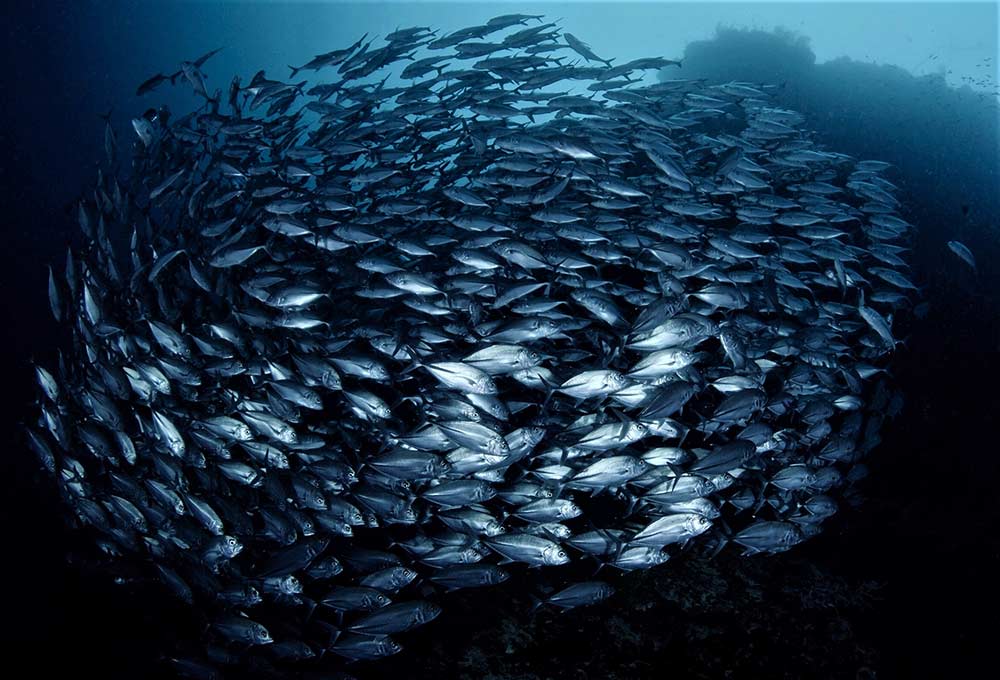GENEVA- International tourism arrivals are set to stagnate this year, except in some Western markets, causing up to $2.4 trillion in losses, a UN study said, adding the sector is not expected to rebound fully until 2023.
COVID-19 vaccination and certificates are key to restoring confidence in foreign tourism, which provides a lifeline for many countries, especially small island states that rely heavily on the sector to provide jobs, it said.
In 2020, international arrivals plunged by 73 percent from pre-pandemic levels in 2019, causing estimated losses of $2.4 trillion in tourism and related sectors, according to the report by UNCTAD and the UN’s World Tourism Organization (UNWTO).
“The outlook for this year doesn’t look much better,” Ralf Peters of UNCTAD’s trade analysis branch, told a news conference.
“The first three months were again bad, there was not much travelling happening,” he said.
“There is an expectation of a certain recovery in the second half of the year, at least for North America and Europe to a certain extent,” he told Reuters, crediting vaccinations.
The report sets out three scenarios for 2021, showing international tourism arrivals forecast to drop by between 63 percent and 75 percent from pre-pandemic levels, resulting in losses of between $1.7 trillion and $2.4 trillion.
“In international tourism we are at levels of 30 years ago, so basically we are in the ‘80s …
Many livelihoods are really at threat,” said ZoritsaUrosevic, Geneva representative of the Madrid-based UNWTO.
“What we are looking at in the long run is…meeting the 2019 numbers after 2023,” she said.
Sandra Carvao, chief of market intelligence at UNWTO, said that it would be a “very diverse recovery”, varying by region and by country.
The European Union’s digital COVID-19 certificate, due to come into force on Thursday, represents the only regional harmonization to date, she said.
Carvao, referring to travel corridors, said: “We see for example Asia-Pacific is still one of the most closed regions in the world at this moment – most of the borders in the countries are either totally closed or with significant restrictions.”
Meanwhile, the United States said it is still weighing its COVID-19 travel restrictions for international visitors, but does not intend to ultimately require coronavirus vaccinations for entry.
White House spokeswoman Jen Psaki said US officials were still in touch with counterparts in Canada, Europe and elsewhere to determine when and how to lift travel restrictions safely.
“That’s not our intention,” Psaki told reporters at the White House when asked if the US government would ever require visitors to the United States to have received a COVID-19 vaccine to enter the country.
With the spread of the Delta variant of increasing concern, Psaki announced that the United States plans to ship 2.5 million doses of the Johnson & Johnson vaccine to Colombia.
In France, foreign tourists visiting France will have to pay for COVID-19 tests starting from July 7, government spokesman Gabriel Attal told Les Echos newspaper.
“We have decided foreign tourists should pay for those tests, 49 euros for PCR tests and 29 euros for antigenic tests. This is about reciprocity as French people traveling abroad have to pay for those tests in most countries”, Attal said.
Regarding French citizens who prefer to be tested when needed – for travel or social outings – instead of being vaccinated, Attal said the government would consider making them pay for those tests once the summer vacation is over.
French government’s leading scientific adviser Professor Jean-Franí§ois Delfraissy said earlier on Wednesday that France is likely to have a fourth wave of the COVID-19 virus, due to a resurgence of cases caused by the Delta variant. – Reuters





